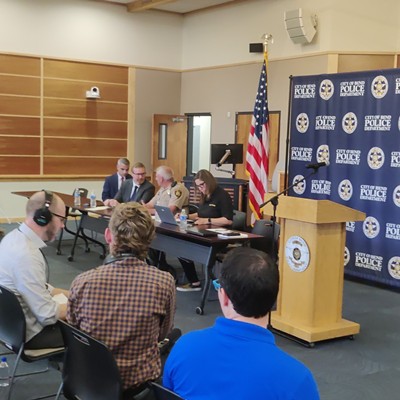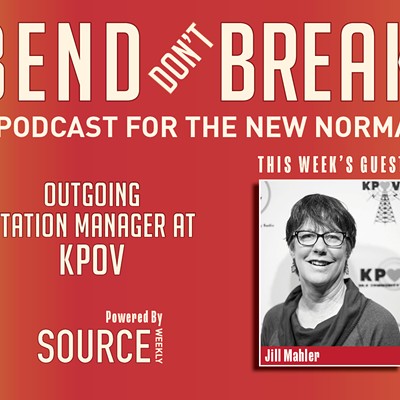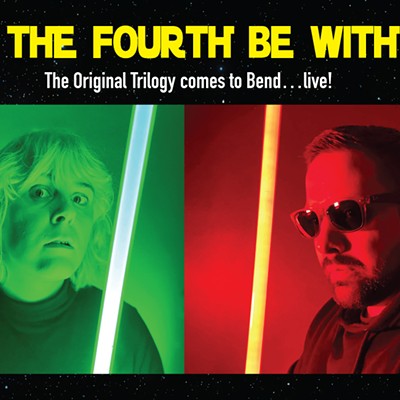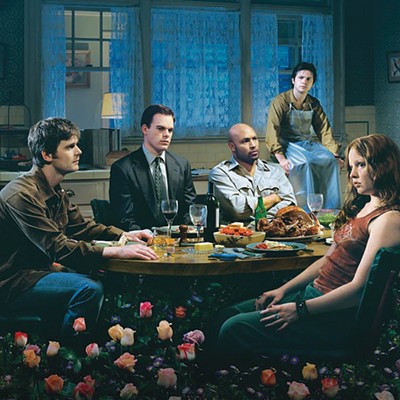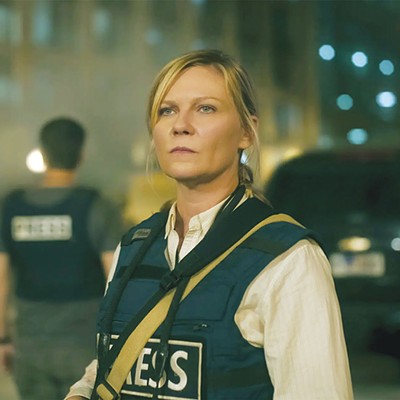There's something perfect about a film like this being called "Lovesong." Every moment of the movie feels lyrical, like the beginning lines of a poem before we can see its form or understand its content. The movie will be categorized as an LGBTQ romance, but it's also filled with sweeping moments of breathtaking sadness that define the most profoundly incisive independent dramas out there.
Riley Keough ("Mad Max: Fury Road") plays Sarah, a young mother struggling to raise a three-year-old daughter while her husband is away working for months at a time. Her Skype conversations with her husband are distant, concealing any basic emotion and avoiding all questions about the future. She wakes up from nightmares and is being medicated for some unnamed anxiety or depression. Sarah's daughter is adorable and their relationship is filled with countless small, beautiful moments, but something is missing from her life.
Enter Mindy, played by Jena Malone ("Neon Demon"). Mindy and Sarah have been best friends for most of their lives and have a relationship built upon the opposing natures of their personalities. Riley is quiet, thoughtful and demure, while Mindy drinks more, screws more and treats life like a one night stand she is getting ready to bail on. When Mindy comes to visit Sarah during one of her husband's long work trips, the two friends find there might be much more to their relationship than they can even recognize.
"Lovesong" is played in a very minor key. The physical aspect of the romance between Mindy and Riley is almost completely played offscreen, leaving most of the fireworks to be played through stolen glances and unspoken promises. If director So Yong Kim hadn't chosen the name "Lovesong" for this lovely little indie, "Restraint" would have also worked perfectly.
Minor Spoilers: The film is told in two parts. The first involves Sarah and Mindy's short visitation that leads to their newfound intimacy. The second part takes place three years later at Mindy's wedding to a man Sarah has never met. It's obvious the two friends didn't stay in contact over the years and that quite a bit relies on this ticking time bomb of reconnection. The two women still obviously care for each other, but now all of their earlier simplicity is replaced by impossible choices.
What makes "Lovesong" such a remarkable work is the lack of answers. We don't know if Sarah and Mindy would be better off together. We don't even know if they would have been happier. All we are allowed to see are the tiny breathless moments between these two women that suggest a future that would perhaps be not brighter, but at least unpredictable and exciting.
Keough and Malone have an effortless chemistry that keeps their relationship feeling authentic and genuine. The moments So Yong Kim chooses to leave unspoken and un-dramatized between these two women allows "Lovesong" to feel much larger than it actually is. We get to imagine Sarah and Mindy as they head into the future. There are no periods to their relationship, only commas and an eventual ellipses.
Just like the greatest poems, "Lovesong" takes time to process. Sarah and Mindy hesitate to truly love each other not out of fear, but from a deeply sad uncertainty. What if it doesn't work out? Could their friendship survive it? All they can do is love each other in the moments they have instead of the ones they want. Again, like the greatest poems (and films), "Lovesong" doesn't need our understanding, or necessarily even want it. All the film needs to do is mirror our humanity and allow us time to look.
Lovesong
Dir. So Yong Kim
Grade: A-
Sisters Movie House



